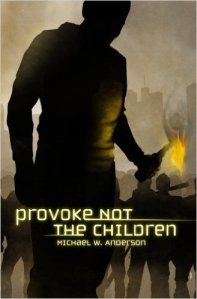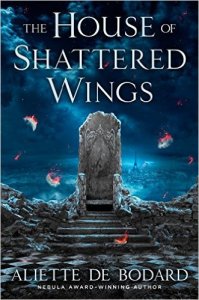Publisher: Shadow Archer Publishing
Publishing Date: January 18th 2014
As his nose cracked under my knuckles, I reflected on how much I hated violence.
Ross Harrison doesn’t waste words , he drops us straight into the action and the mind of his main character, Jack Mason.
Jack wanted to be a policeman, he has been kicked out of the academy, applied for a P.I. licence to anybody who could listen, human or alien, and was denied, now, in a backwater city on a backwater planet where just about every member of the police is in the pay of the local kingpin, he tries to make a difference with a collection of fake badges, weapons and a lot of attitude.
There’s something in Jack’s past, an unsolved disappearance that has one of the local officers hot for his blood, and when a barmaid meets an untimely death after Jack brought her home, Detective Lawrence sees his chance and seizes it. Luckily for Mason someone else wants him and breaks him out of jail.
As we follow Jack’s attempts to solve the murder and save his skin the plot twists and turns like a mountain trail, the author guides us with a deft hand and assured, well flowing prose to a final twist that caught me completely by surprise and left me reeling, with a closing scene that wouldn’t be out of place in a Japanese or Hongkongese film noir
The writing is very sensorial, the constant rain (is there any noir in which it doesn’t rain all the time?), the smells, flavors, sounds and feel of Harem are all around us as we follow Jack, but always under tight control, the writer doesn’t let his descriptions run loose and is able to portray characters and situations with just a few words ( The old lady down the hall had probably twitched her last curtain is a personal favourite).
If I have an issue with Acts of Violence it is with the SF elements. When mr. Harrison sent me his book for review, he warned me that SF was just the backdrop of the story and that proved to be true. We have some futuristic technology, hints of a vast universe with faster-than-light travel capabilities and alien cultures, but hints are all we get in this novel (although there are more books sharing this setting). I would have liked to be able to delve a bit deeper in this universe, maybe through conversations or news broadcasts or even some backmatter (forgive me, one of the things I really loved about Dune and The Lord of the Rings were the maps and the appendixes).
In any case, if you like well-written noirs, Acts of Violence is highly recommended.



